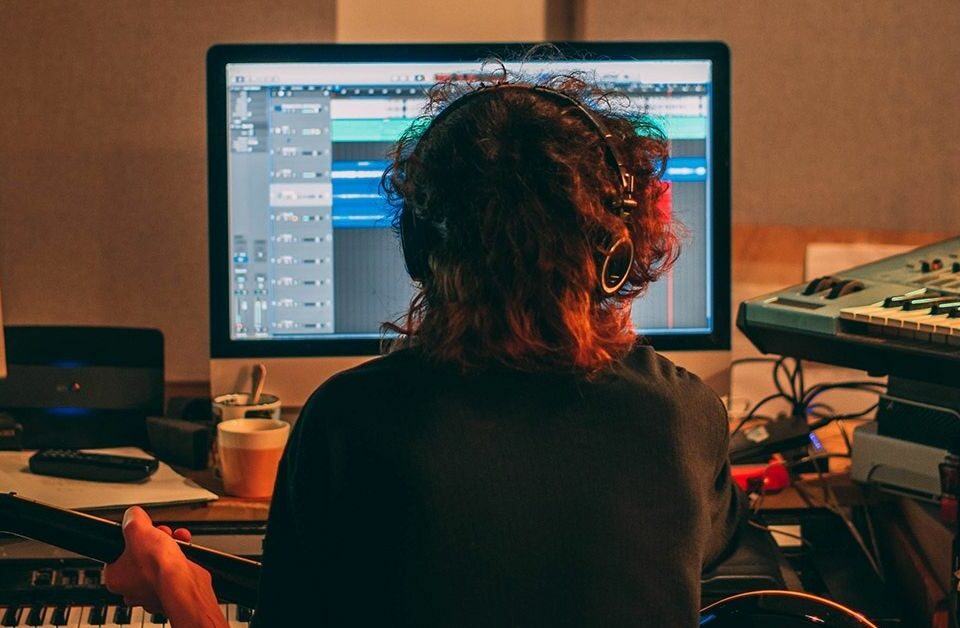The Senate is proposing a bill aimed at deterring people from abusing AI. The idea is to punish creatives who use the technology to impede the individuals’ rights, image, likeness and sound. The proposed law was raised during the SAG/AFTRA negotiations with studios. On the actors’ side, AI replicas were key points of friction because it threatened their livelihood.
THIS is the future: AI protections for voice and likeness, an invaluable tool for performers.
— SAG-AFTRA (@sagaftra) October 12, 2023
Thank you to Senator @ChrisCoons, Senator @MarshaBlackburn, @SenAmyKlobuchar and @SenThomTillis for driving the NO FAKES Act. https://t.co/g9fiKCbHHD
A bipartisan group of United States senators now are pushing to have any unauthorized use of artificial intelligence-powered recreations of people’s voices and images to be federally banned.
Democratic Senators Chris Coons and Amy Klobuchar, along with Republican Senators Marsha Blackburn and Thom Tillis released an official statement on Wednesday (October 11) regarding the proposed Nurture Originals, Foster Art and Keep Entertainment Safe (NO FAKES) Act.
This law would hold both companies and individuals responsible for creating unauthorized AI replicas of anyone, whether they are alive or deceased. Platforms that knowingly host these unauthorized AI copies are also held accountable. Violators could face penalties starting at $5,000 per violation.
Senator Blackburn said the bill is a “good first step” for lawmakers to protect actors, singers, rappers, songwriters, actors and creatives who “deserve the right to own their name, image, and likeness (NIL).”
Coons added, “Creators around the nation are calling on Congress to lay out clear policies regulating the use and impact of generative AI. Congress must strike the right balance to defend individual rights, abide by the First Amendment, and foster AI innovation and creativity.”
But AI serves different purposes. As previously reported, AI has been used not just as a way to steal people’s art but also to restore it.
Beanie Sigel, one of the culture’s most prolific voices from the 2000s, is using the technology to restore the power of his voice, damaged after a traumatic shooting accident in 2014.
“It’s definitely for me,” he said. “Y’all want, what they say, the ‘old Beans’ back? ‘Cause the pen’s still there.”
Either way, AI is here to stay, and with lawmakers taking note, perhaps people’s personal image, sound and likeness will be protected.
